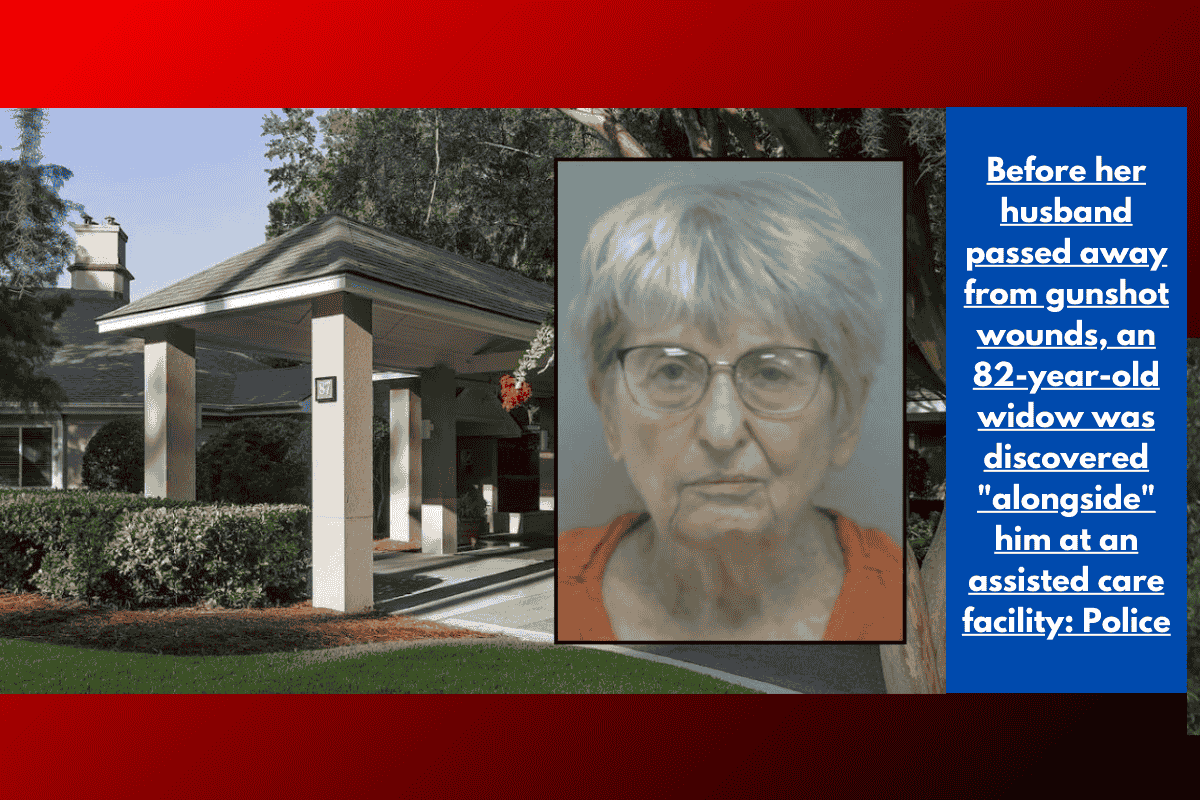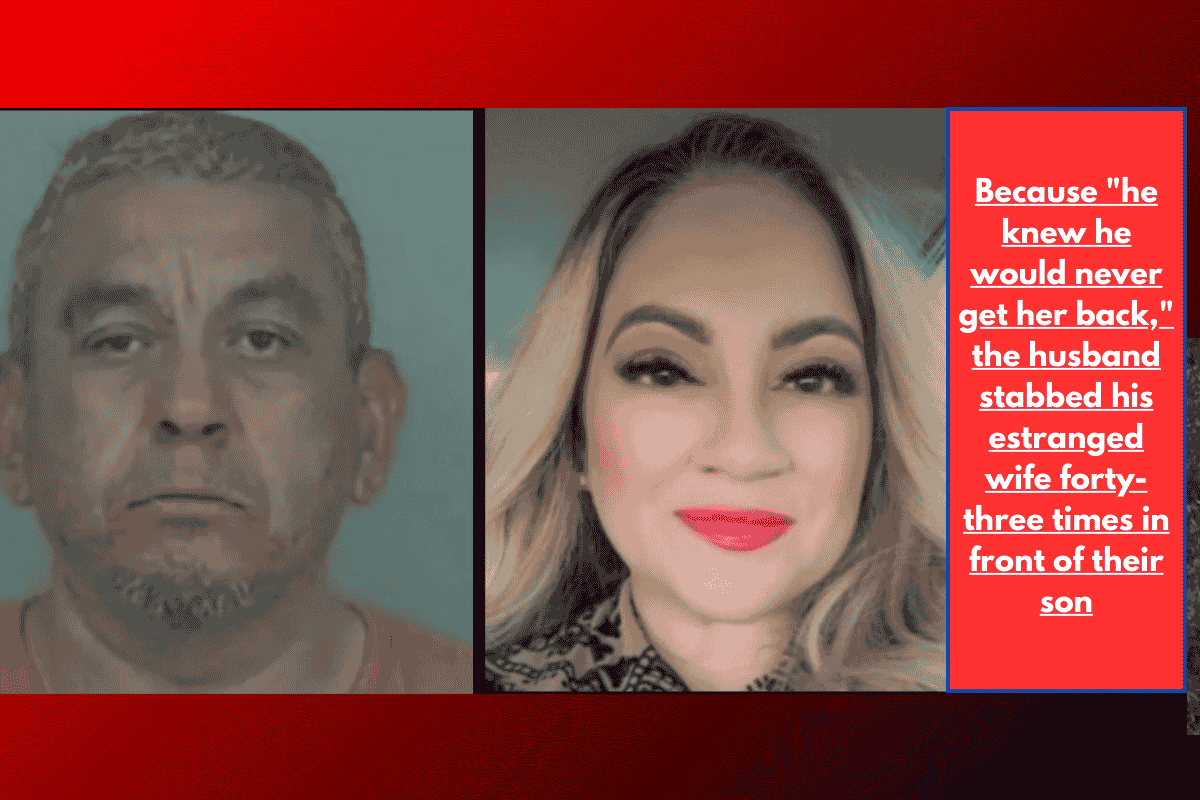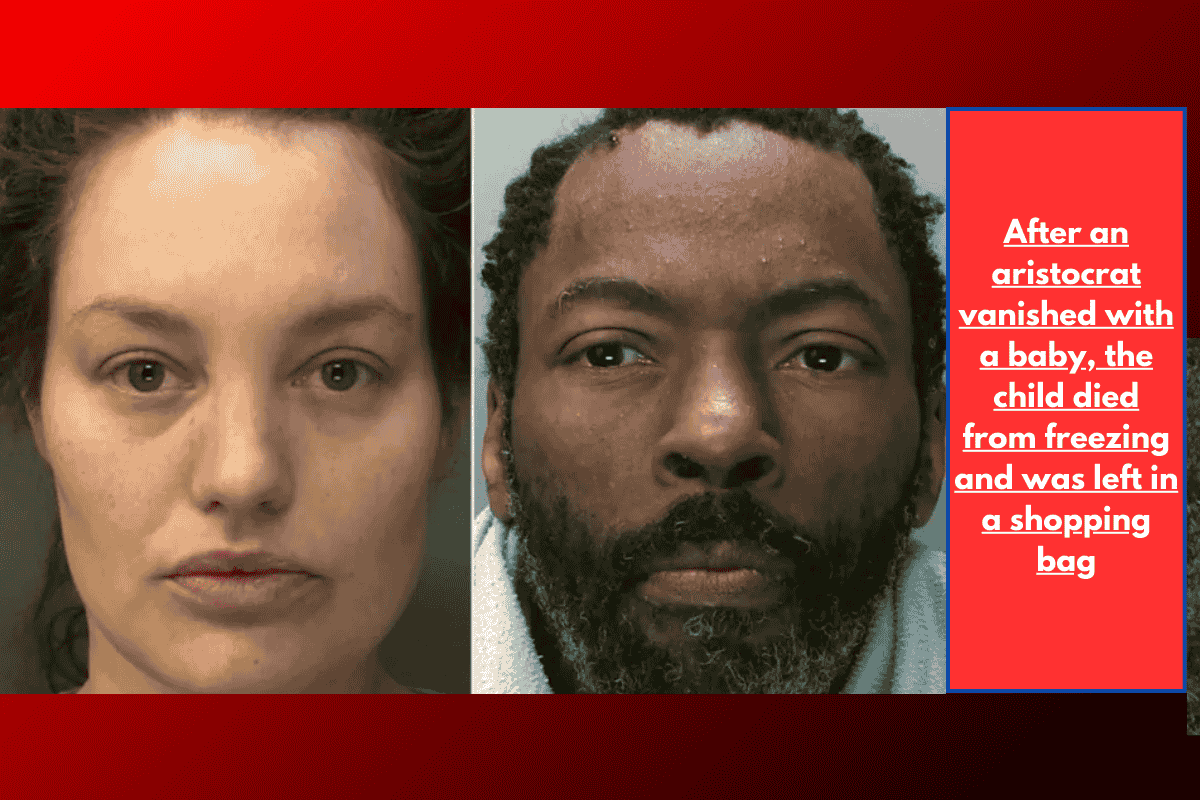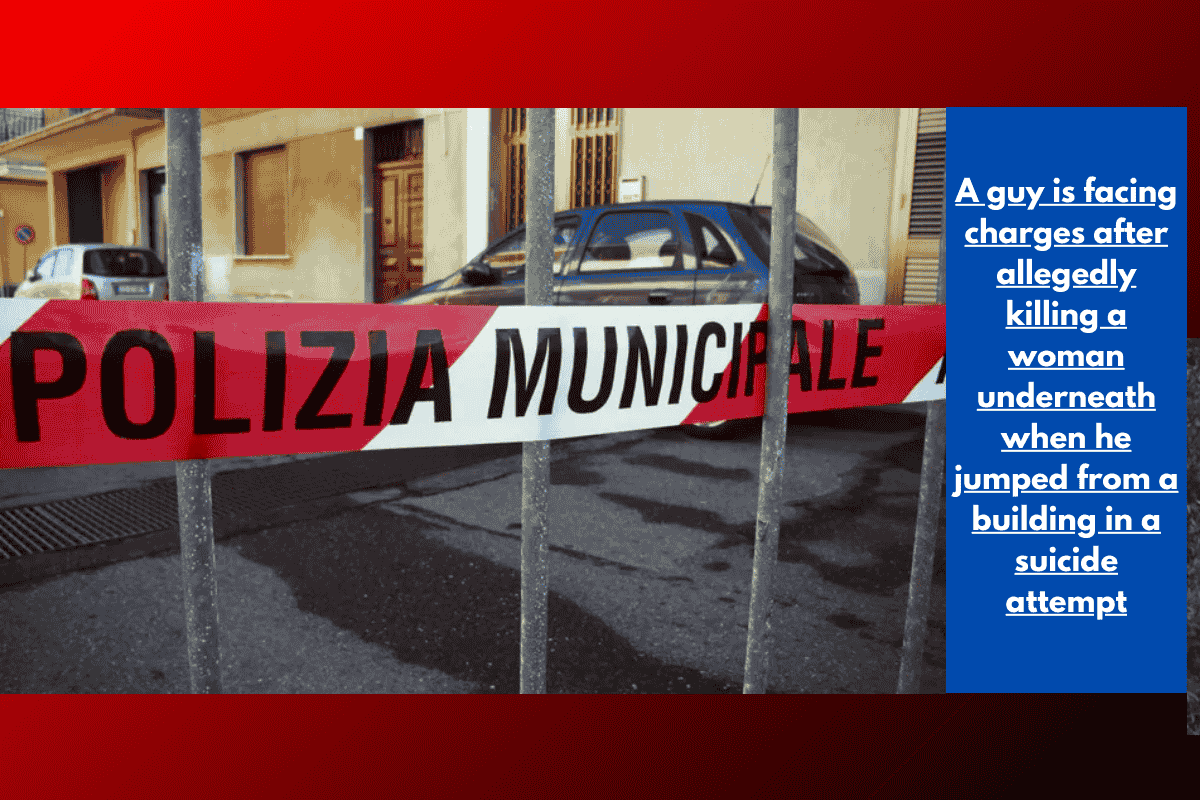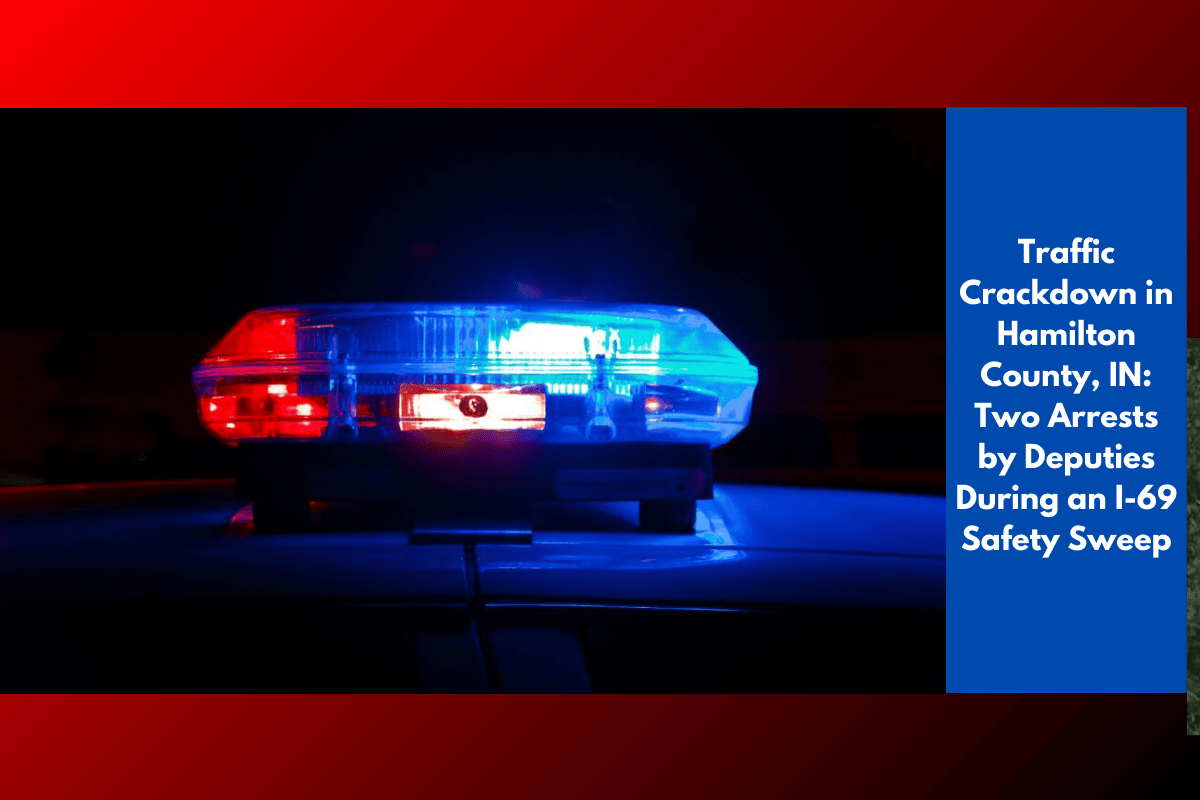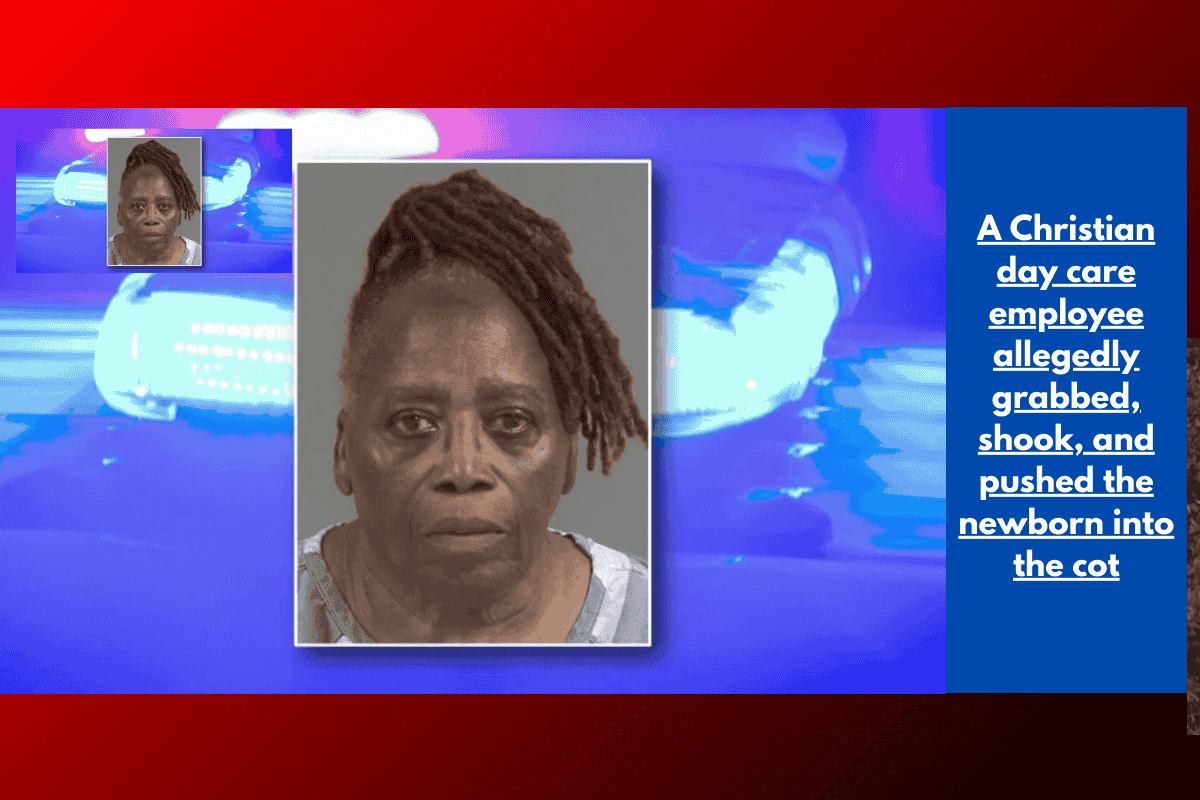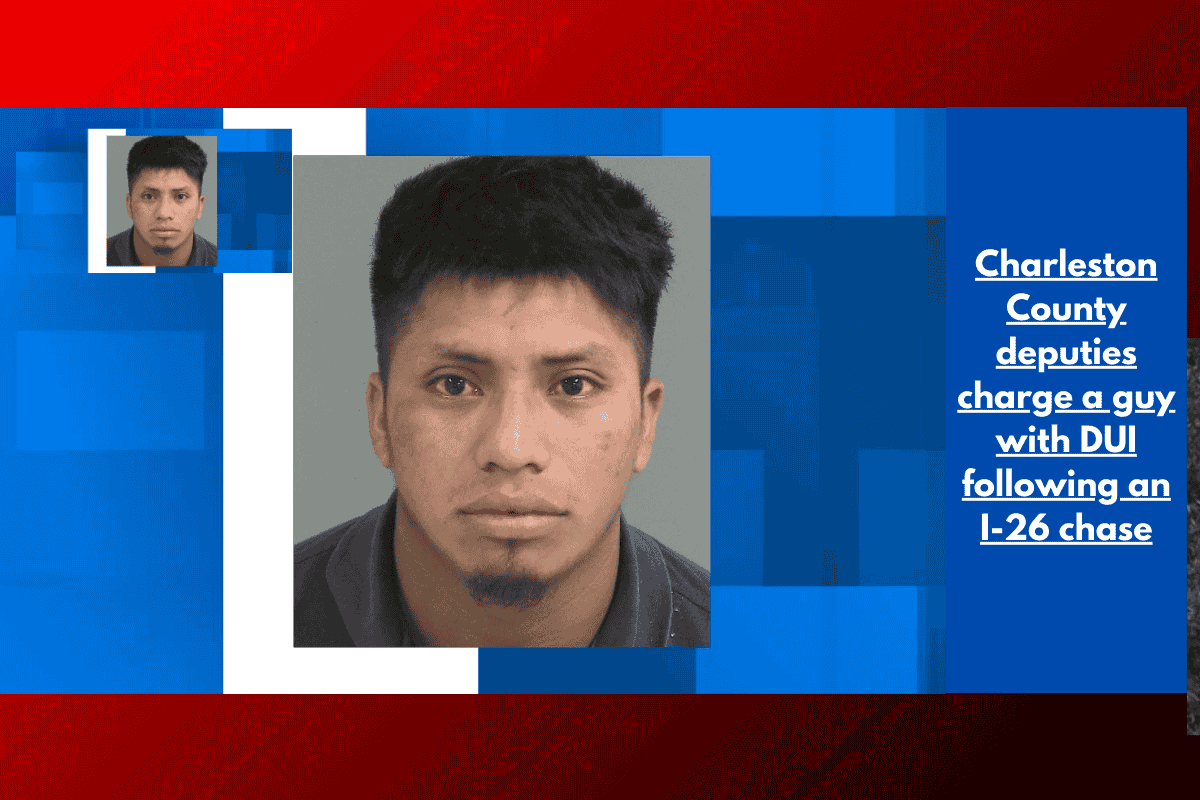WASHINGTON, D.C. — The Trump administration has opposed a former January 6 defendant’s bid to apply President Donald Trump’s mass pardon to his child pornography case, arguing that the two offenses are distinct and unrelated.
Kyle Travis Colton, 38, a sailor who was arrested in connection with the January 6 Capitol riot, was also charged in a separate child pornography case. Colton, who was arrested in December 2023, pleaded guilty to disorderly conduct in the January 6 case but has been seeking to apply Trump’s pardon for riot-related offenses to his child pornography charge.
The Pardon Dispute
Colton’s defense team filed a motion to dismiss the child pornography charge, arguing that the investigation that led to the charge was intertwined with the January 6 case. However, the U.S. Department of Justice (DOJ) has made it clear that the pardon granted to Colton does not cover child pornography offenses. In a six-page opposition motion, the DOJ emphasized that Colton’s actions related to child exploitation, including the receipt of child pornography, were not tied to the January 6 events.
“Defendant’s pardon for offenses related to events that occurred at or near the U.S. Capitol on January 6, 2021, does not cover his charge of receiving child pornography,” the DOJ motion reads. The department also highlighted that Colton has been a “prolific collector” of child sexual abuse material (CSAM) dating back to 2010, well before the January 6 Capitol attack.
Timeline and Child Pornography Investigation
Colton was initially arrested after he allegedly told passengers on a flight from Washington, D.C., to Los Angeles that he was part of the “second wave” of rioters at the Capitol. Following his arrest, authorities discovered evidence of child pornography in his personal devices, leading to an additional investigation into his possession of CSAM.
Despite Colton’s defense arguing that the evidence was discovered during the January 6-related investigation, the DOJ insists that the child pornography offense spans a much longer period, from 2010 to 2023, and is not connected to the January 6 riot. According to the DOJ’s filing, evidence suggests that Colton was downloading and searching for CSAM long before the events of January 6, 2021, and continued this activity well after the Capitol incident.
Legal Precedents and Differentiation from Other Cases
The DOJ’s opposition motion further clarifies that this case is distinct from other instances where Trump’s pardon was applied, particularly in cases involving firearms. In some cases, courts have granted pardons for charges related to items recovered during January 6-related searches, but the government argues that Colton’s child exploitation offense is much more serious and distinct, involving human victims whose abuse was recorded and shared.
The DOJ also emphasized the long duration of Colton’s alleged exploitation of children and noted that his conduct is “attendant to a series of separate offenses” occurring long before and after January 6. They further argued that Colton’s case involved a prolonged period of exploitation, whereas other cases related to January 6, such as firearms possession, involved a more direct connection to the Capitol events.
Colton’s Confession and the Ongoing Investigation
After initially providing conflicting accounts, Colton eventually confessed to the charges, and his child pornography case remains ongoing in the Eastern District of California. The DOJ’s filing stresses the severity of the charges and the re-victimization of the children whose abuse was documented in the materials found on Colton’s devices.
The Impact on Colton’s Legal Future
If Colton is found guilty, he faces significant consequences due to the serious nature of the charges, including a potential sentence that could extend well beyond his previous conviction for his role in the January 6 riot. The ongoing legal proceedings will determine whether Colton’s actions related to child pornography will be impacted by the broader legal questions raised by the Trump pardon.



